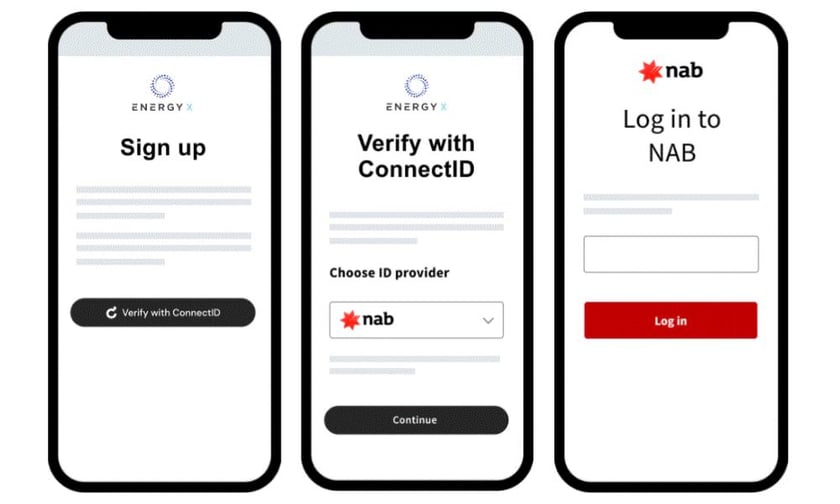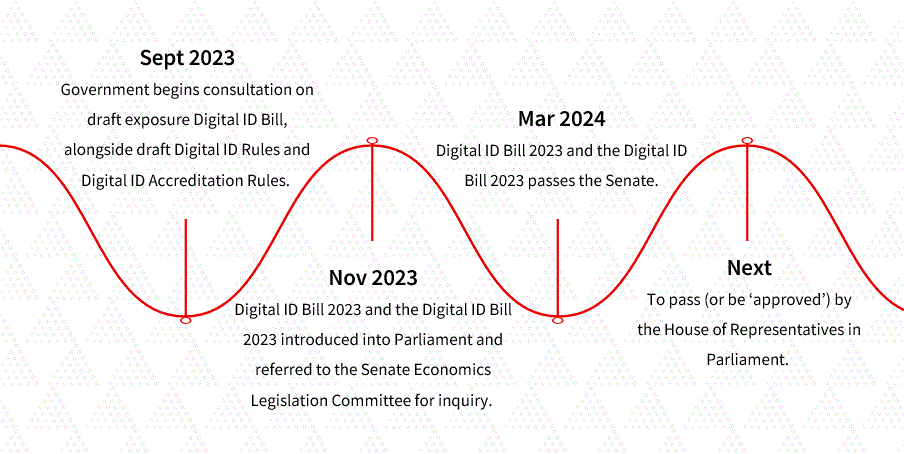

As cyberattacks continue to expose Australians’ personal data, the Digital ID initiative has emerged as a strategy to combat identity theft and minimize data exposure, according to NAB.
With the Australian Senate passing the Digital ID bill in March and its expected introduction in the House of Representatives, momentum is building for this transformative technology.
Digital ID aims to reduce the repetitive sharing of sensitive documents across various organisations.
By providing a streamlined, secure method for verifying identity, such as age or identity authentication, Digital ID reduces the necessity for physical document exchanges, thereby lowering the risk of data breaches.
The upcoming digital ID laws will introduce an accreditation scheme for service providers, allowing organisations like banks to verify identities without repeated document submissions.
This system promises to minimise the personal data individuals must share and store with various entities, enhancing privacy and reducing the risks associated with data breaches.
“Given the benefits, there is now growing urgency around implementing a well-functioning Digital ID ecosystem in Australia to help minimise the amount of personal data being unnecessarily collected and stored,” NAB said.
See timeline below for key developments in digital ID.

If passed, the proposed laws would establish an accreditation scheme for Digital ID services, allowing organisations, including banks, to voluntarily join the Australian Government Digital ID System (AGDIS).
This system would enable banks to verify identities on behalf of other organisations, reducing the need for individuals to repeatedly submit personal documents.
Applicants for accreditation must meet standards for security, privacy, fraud control, and other areas.
Accredited businesses would have two years from the law’s start to join AGDIS, enhancing private sector participation.
Under the proposed digital ID legislation, service providers must adhere to stringent privacy laws and additional safeguards. These include prohibitions on certain data collections, requirements for express consent, restrictions on data profiling, and stringent controls over the use of biometric data.
“Successfully rolling out digital ID – which will act as a simple and economy-wide way you can verify your identity or other attribute, such as proof of age – will require education and awareness about how it works and how it will benefit the community to help ensure people take it up,” NAB said.
Get the hottest and freshest mortgage news delivered right into your inbox. Subscribe now to our FREE daily newsletter.
